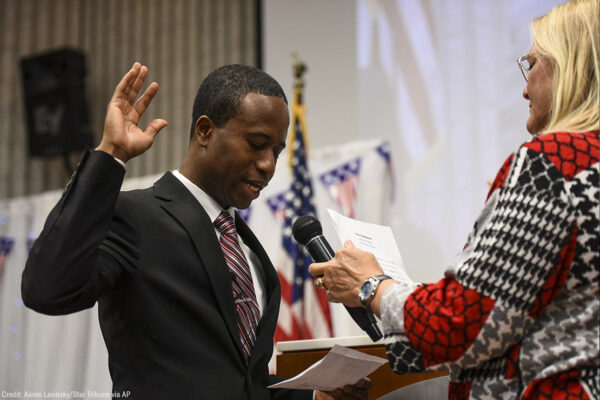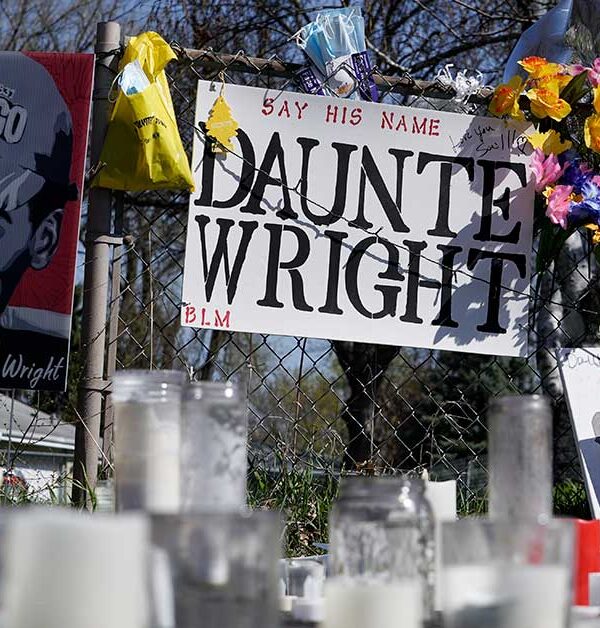Just two months ago, the Minneapolis suburb of Brooklyn Center, was the center of yet another incident of racialized police violence when 20-year-old Daunte Wright was fatally shot by an officer during a traffic stop. The shooting happened just 10 miles from the courthouse where Derek Chauvin was on trial for the death of George Floyd. Outraged community members protested for days outside of the Brooklyn Center Police Department demanding change.
Protesters had their calls answered when the city council passed the Daunte Wright and Kobe Dimock-Heisler Community Safety and Violence Prevention Resolution. The resolution was named after the two men killed by local police in the last two years, and created alternatives to police responses to mental health calls and some traffic stops.
In the face of tragedies resulting from policing, it’s crucial to center systemic accountability and transformative approaches that will prevent the trauma and grief experienced by families who lose their loved ones to violent law enforcement practices. In order to commit to racial justice and stand up for Black lives, policies that reevaluate the institution of policing and prioritize alternative forms of community care and safety are integral. The resolution in Brooklyn Center seeks to transform public safety and implement non-violent, community-centered responses, ensuring that a 911 call is not a death sentence.
In this week’s episode of At Liberty, Brooklyn Center Mayor Mike Elliott and the Deputy Director of Campaigns for the ACLU’s Smart Justice program, Taylor Pendergrass, discuss the groundbreaking resolution and its significance during a time when people are imagining community alternatives to policing.


